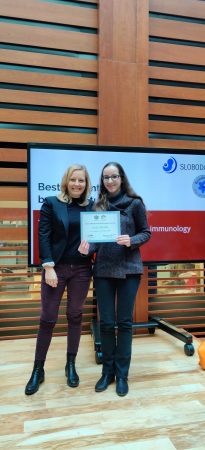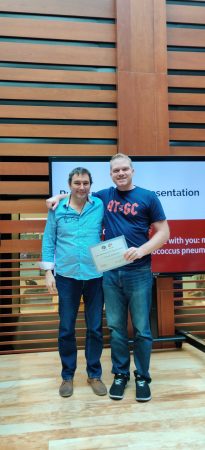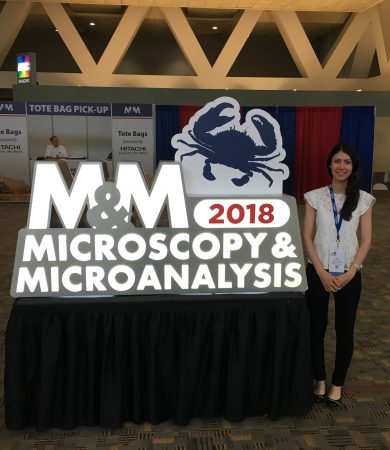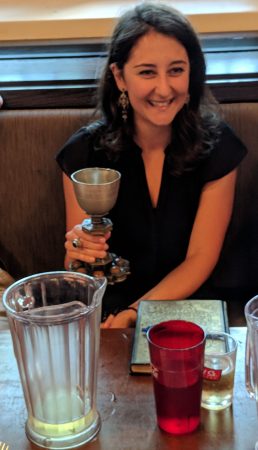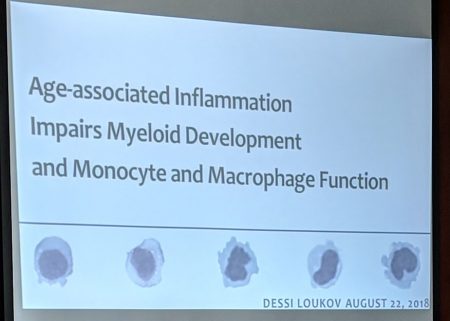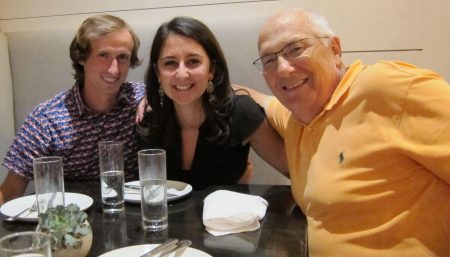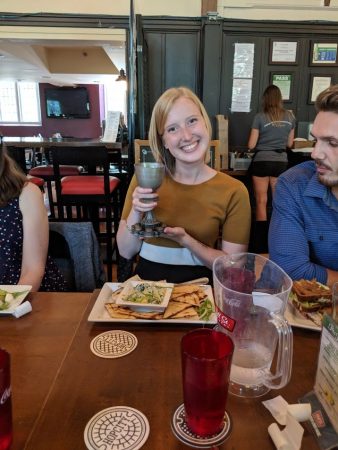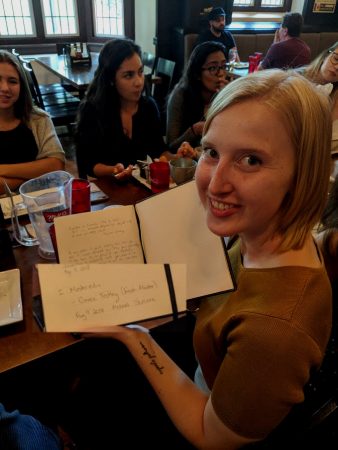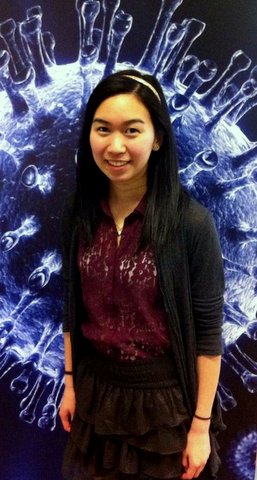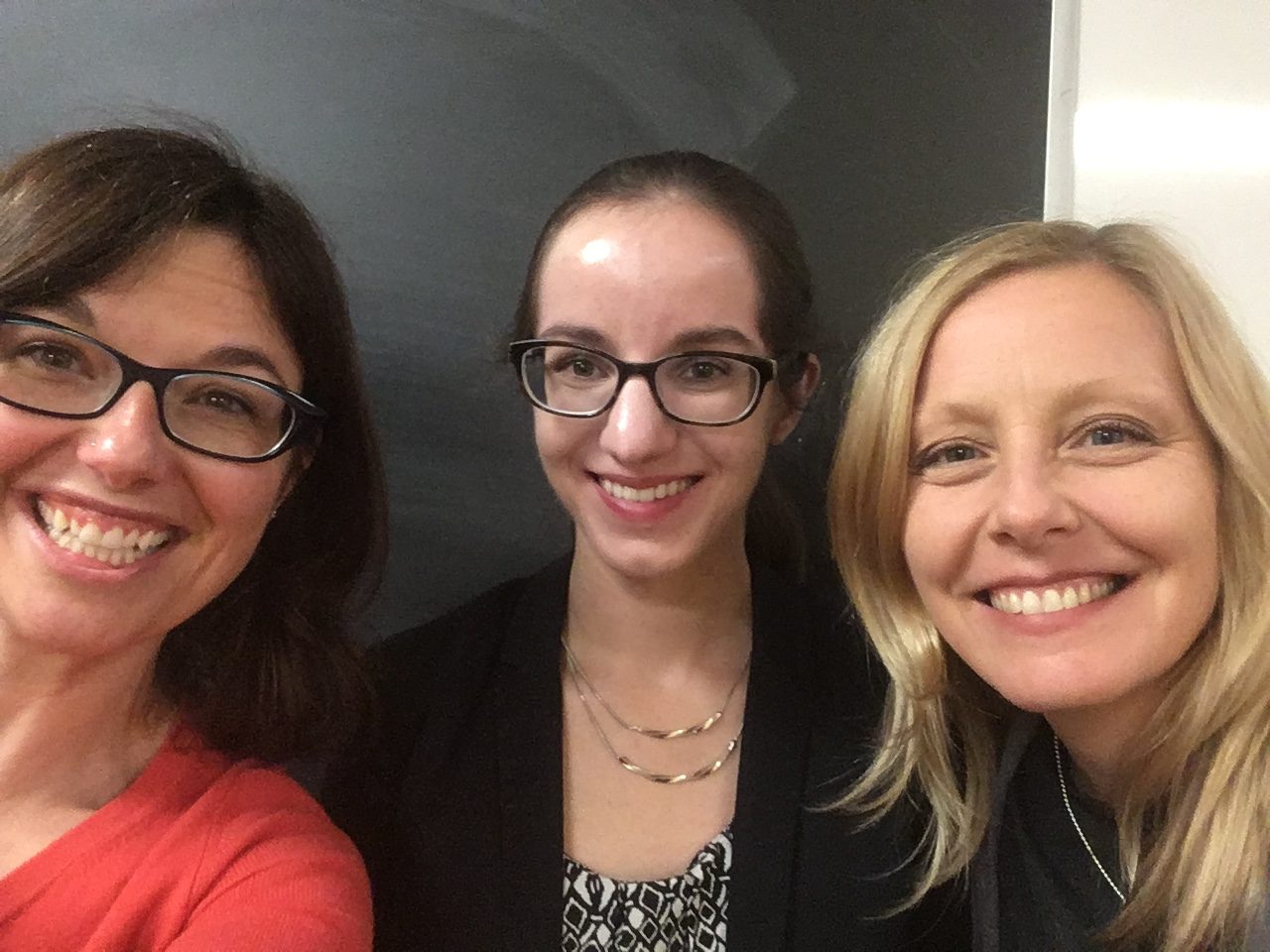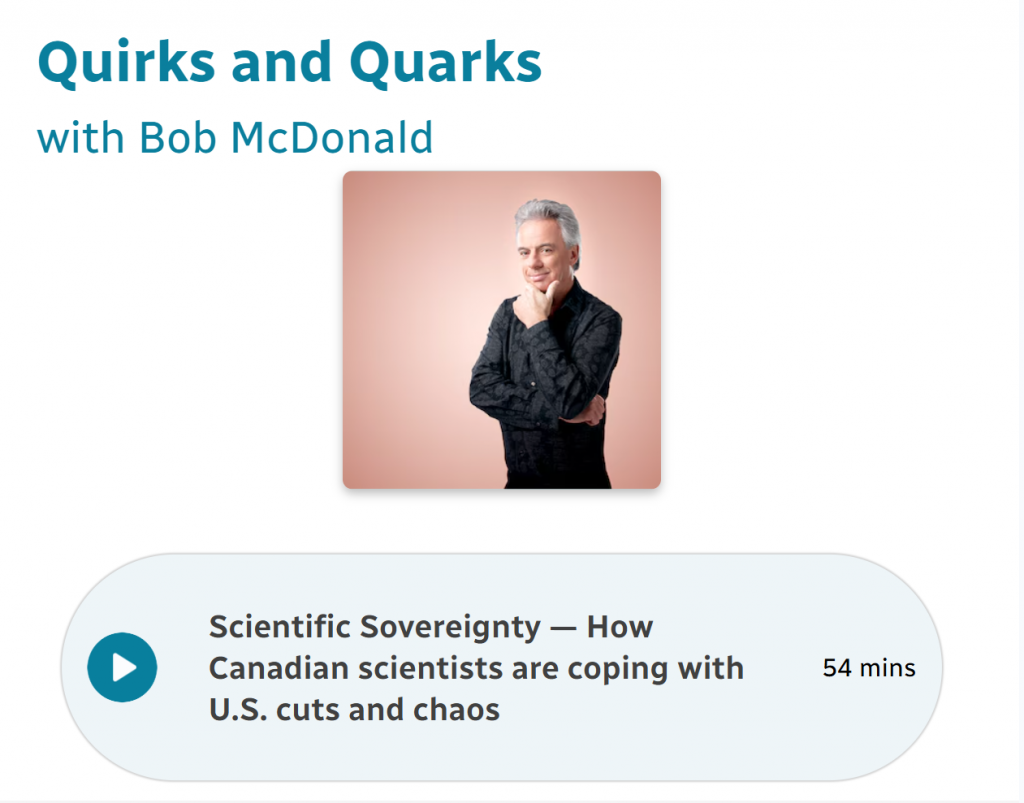
Politically-driven chaos is disrupting U.S. scientific institutions and creating challenges for science in Canada. Science is a global endeavour and collaborations with the U.S. are routine. In this special episode of Quirks & Quarks, we explore what Canadian scientists are doing to preserve their work to assert scientific sovereignty in the face of this unprecedented destabilization.
Canadian climate scientists brace for cuts to climate science infrastructure and data
U.S. President Donald Trump’s attacks on climate science are putting our Earth observing systems, in the oceans and in orbit, at risk. Canadian scientists who rely on U.S. led climate data infrastructure worry about losing long-term data that would affect our ability to understand our changing climate. With:
Kate Moran, the president and CEO of Ocean Networks Canada and Emeritus Professor of Oceanography at the University of Victoria
Debra Wunch, Physicist at the University of Toronto
Chris Fletcher, Department of Geography and Environmental Management at the University of Waterloo
U.S. cuts to Great Lakes science and monitoring threaten our shared freshwater resource
U.S. budget and staffing cuts are jeopardizing the long-standing collaboration with our southern neighbour to maintain the health of the Great Lakes, our shared resource and the largest freshwater system in the world.
With:
Jérôme Marty, executive director of the International Association for Great Lakes Research and part-time professor at the University of Ottawa
Greg McClinchey, policy and legislative director with the Great Lakes Fishery Commission
Michael Wilkie, Biologist at Wilfred Laurier University
Brittney Borowiec, research associate in the Wilkie Lab at Wilfred Laurier University
Aaron Fisk, Ecologist and Canada Research Chair at the University of Windsor
Unexpected ways U.S. culture war policies are affecting Canadian scientists
One of the first things President Trump did after taking office was to sign an executive order eliminating all DEI policies in the federal government. This is having far-reaching consequences for Canadian scientists as they navigate the new reality of our frequent research partner’s hostility against so-called “woke science.”
With:
Dr. Sofia Ahmed, Clinician scientist, and academic lead for the Women and Children’s Health Research Institute at the University of Alberta
Angela Kaida, professor of health sciences and Canada Research Chair at Simon Fraser University in Vancouver
Dawn Bowdish, professor of immunology, the executive director of the Firestone Institute for Respiratory Health and Canada Research Chair at McMaster University
Kevin Zhao, MD/PhD student in immunology in the Bowdish Lab at McMaster University (starting at 36:10)
Jérôme Marty, executive director of the International Association for Great Lakes Research
Canada has a ‘responsibility’ to step up and assert scientific sovereignty
A 2023 report on how to strengthen our federal research support system could be our roadmap to more robust scientific sovereignty. The Advisory Panel on the Federal Research Support System made recommendations to the federal government for how we could reform our funding landscape. The intent was to allow us to quickly respond to national research priorities and to make Canada a more enticing research partner in world science.
With:
Frédéric Bouchard, Dean of the Faculty of Arts and Sciences and professor of philosophy of science at the Université de Montreal. Chair of the Advisory Panel on the Federal Research Support System.


